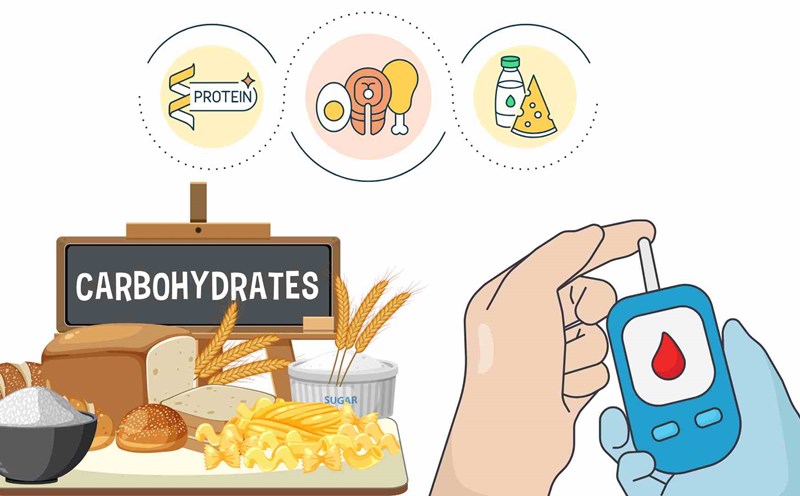Weight loss is a journey that many people pursue, but the speed and effectiveness of this process vary depending on each individual. Factors such as diet, exercise, age, hormones, medication and genetics can all affect the outcome.
Sarah Bence, a rehabilitation expert in the US, said: The feasible goal is to lose 5 - 10% of your body weight within six months. Losing weight too quickly is not only difficult to maintain but also poses health risks".
Safe weight loss takes time and endurance
According to experts' recommendations, a healthy weight loss rate is 0.5 - 1 kg per week, equivalent to 2 - 4 kg per month. In 6 months, a person can lose from 11 to 23 kg, depending on their initial weight. To achieve this, it is necessary to combine a low-calorie diet, regular exercise (including cardio and strength training), along with changing living habits.
In addition, weight loss drugs are also used in some cases of obesity. For example, semaglutide (Wegovy, Ozempic) can help patients lose up to 15 - 20% of their weight in 15 months. However, the use of drugs requires strict prescription and supervision from the doctor.
The most important thing is to move towards sustainable lifestyle changes rather than expecting a quick decline, says Dr. Sohaib Imtiaz, a UK-based medical expert. A healthy body needs time to adapt."
influencing factors and maintenance tips
The rate of weight loss can be fast or slow depending on many factors:
Age: After age 30, muscle mass gradually decreases, causing fat burning to be slower.
gender: Men tend to lose weight faster thanks to higher metabolic rate.
Hormones: hypothyroidism, premenopause or hormonal imbalance can make it difficult to control weight.
Medications: some anti-depressants, anti-psyetic drugs, or corticosteroids that can cause weight gain.
Genetics: more than 50 genes have been identified as being associated with the risk of obesity.
To maintain a stable weight, experts recommend:
Eat plenty of green vegetables, fruits, lean substances and limit processed foods.
Exercise regularly for 30 - 45 minutes, 3 - 5 days/week.
Get enough sleep, manage stress and drink enough water.
Set realistic goals, measure your progress and reward yourself in a healthy way.
Extreme diets or harsh fasting can be harmful. Instead, the Mediterranean diet and intermittent fasting are two methods that have been studied and proven to be effective in the long term.
There is no shortcut to weight loss. Patience in gradual loss, combined with a scientific diet and reasonable exercise will help you not only lose weight but also maintain sustainable health.










